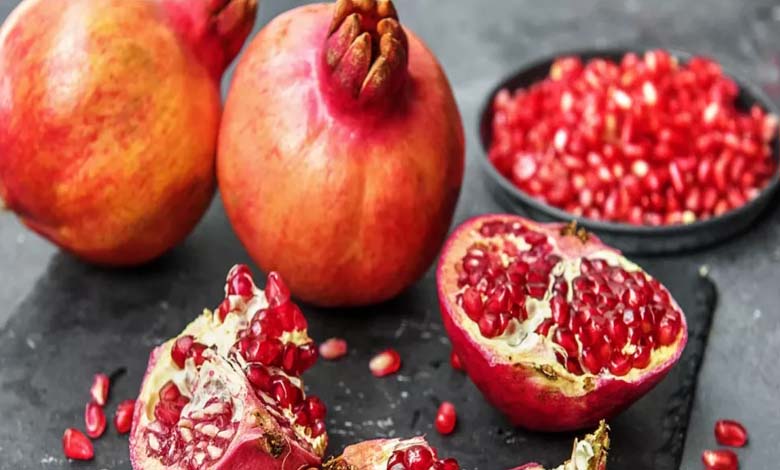Can Pomegranate Protect You from the Risks of Sports Supplements?

In today’s performance-driven culture, particularly among young athletes and fitness enthusiasts, sports supplements have become an almost routine part of training. Protein powders, amino acid blends, pre-workouts, and fat burners promise faster muscle gains, improved endurance, and quicker recovery. However, these benefits often come with health concerns, especially when such products are consumed excessively or without medical supervision. Amid this growing concern, the pomegranate—a fruit praised for centuries in traditional medicine—has reemerged in scientific circles. Could it offer a natural shield against the harmful effects of sports supplements?
-
Drinking Pomegranate Juice Daily: A Natural Ally for Heart Health and Blood Pressure Regulation
-
How to store pomegranates to enjoy them longer without spoiling
Pomegranate (Punica granatum), known for its rich content in antioxidants, polyphenols, and vitamin C, is widely recognized for its anti-inflammatory, cardioprotective, and even anticancer properties. These attributes have sparked interest among sports nutrition researchers who now examine whether pomegranate can help reduce the oxidative stress linked to high-intensity exercise and synthetic supplements.
Recent studies suggest that pomegranate juice may help reduce muscle damage, improve post-workout recovery, and support cardiovascular health by regulating blood pressure. But a more provocative hypothesis is now gaining traction: could pomegranate help counteract the potential side effects of certain supplements—such as kidney or liver strain, and hormone imbalances?
Preliminary animal studies have shown that regular pomegranate juice consumption may positively influence liver function and reduce kidney toxicity—two areas often compromised by the prolonged intake of high-protein or anabolic steroid-based supplements. Moreover, pomegranate may support the body’s ability to restore hormonal balance, which can be disrupted by testosterone-boosting compounds.
However, healthcare professionals emphasize that while pomegranate does offer protective benefits, it cannot singlehandedly cancel out the dangers of excessive or unsupervised supplement use. At best, it can complement a balanced diet and a healthy lifestyle, aiding the body’s natural detoxification and cellular repair systems.
-
Autumn and the start of school: A nutritional recipe to boost your child’s immunity
-
Here are the 7 winter fruits to fill up on vitamins
Incorporating pomegranate into a sports diet—whether as fresh juice, whole fruit, or concentrated extract—can certainly be advantageous. Still, it should not be seen as a magical fix or a replacement for responsible dietary and medical decisions. Consulting a doctor or nutritionist before using supplements regularly remains essential.
Ultimately, pomegranate is not a miracle cure but rather a supportive ally for athletes aware of the risks posed by modern performance-enhancing habits. Its power lies in a timeless truth: nature, when used wisely, can accompany and enhance human effort—but it will never replace common sense and moderation.












